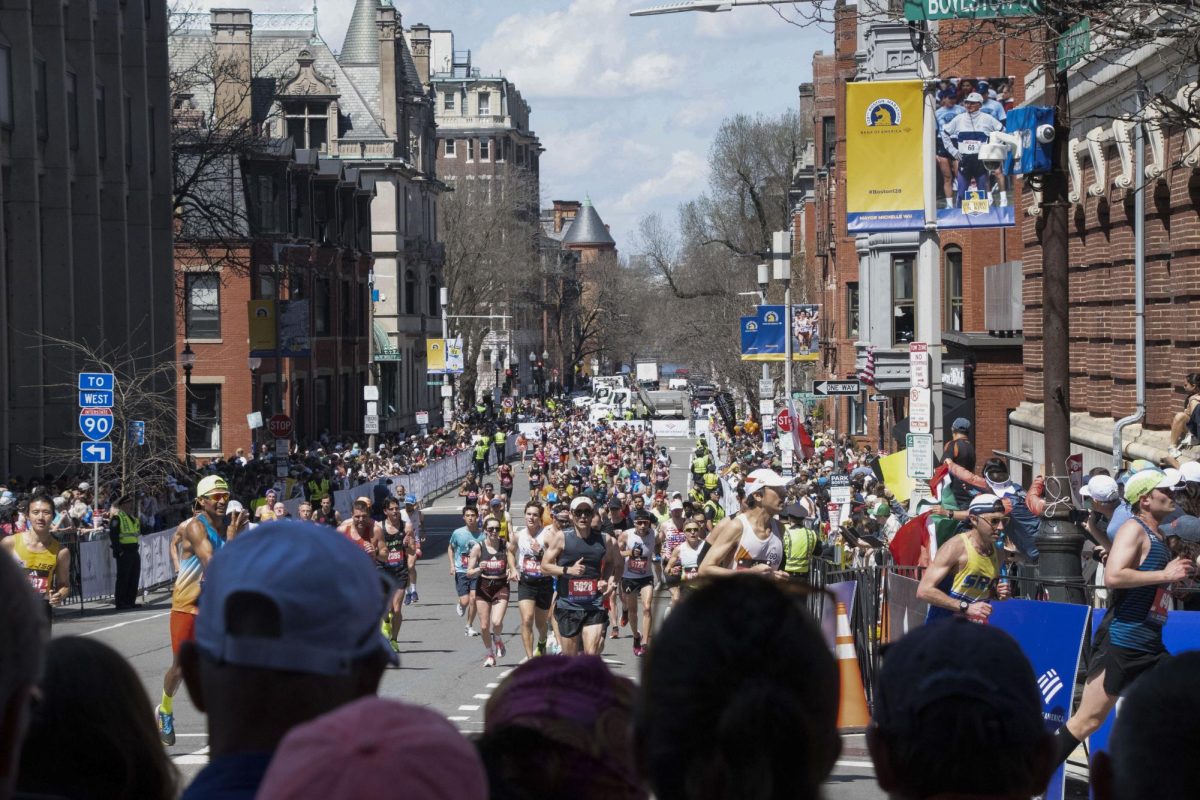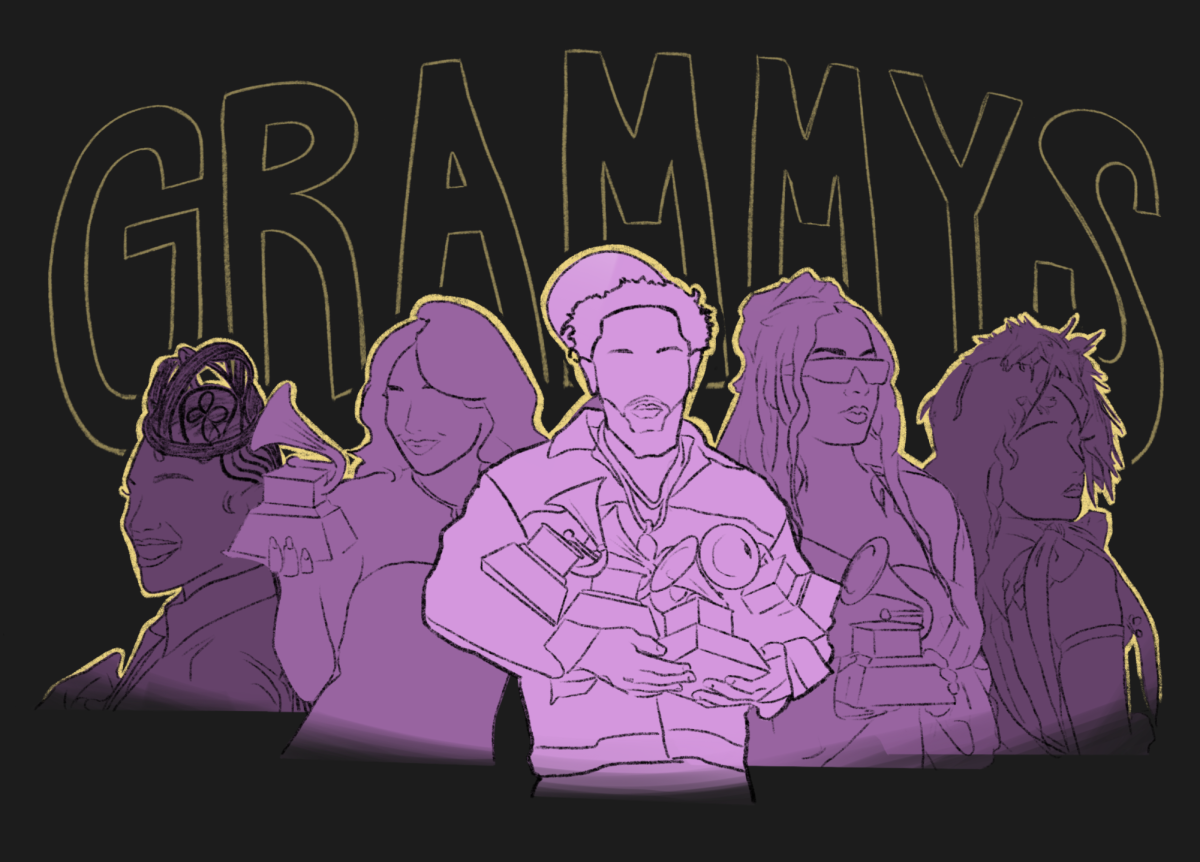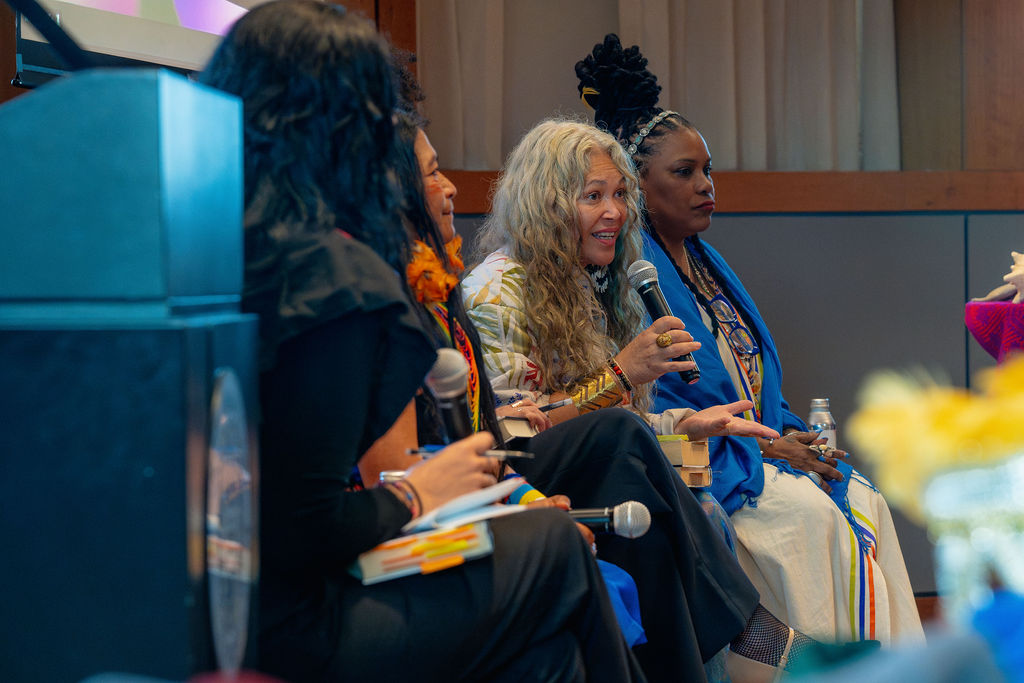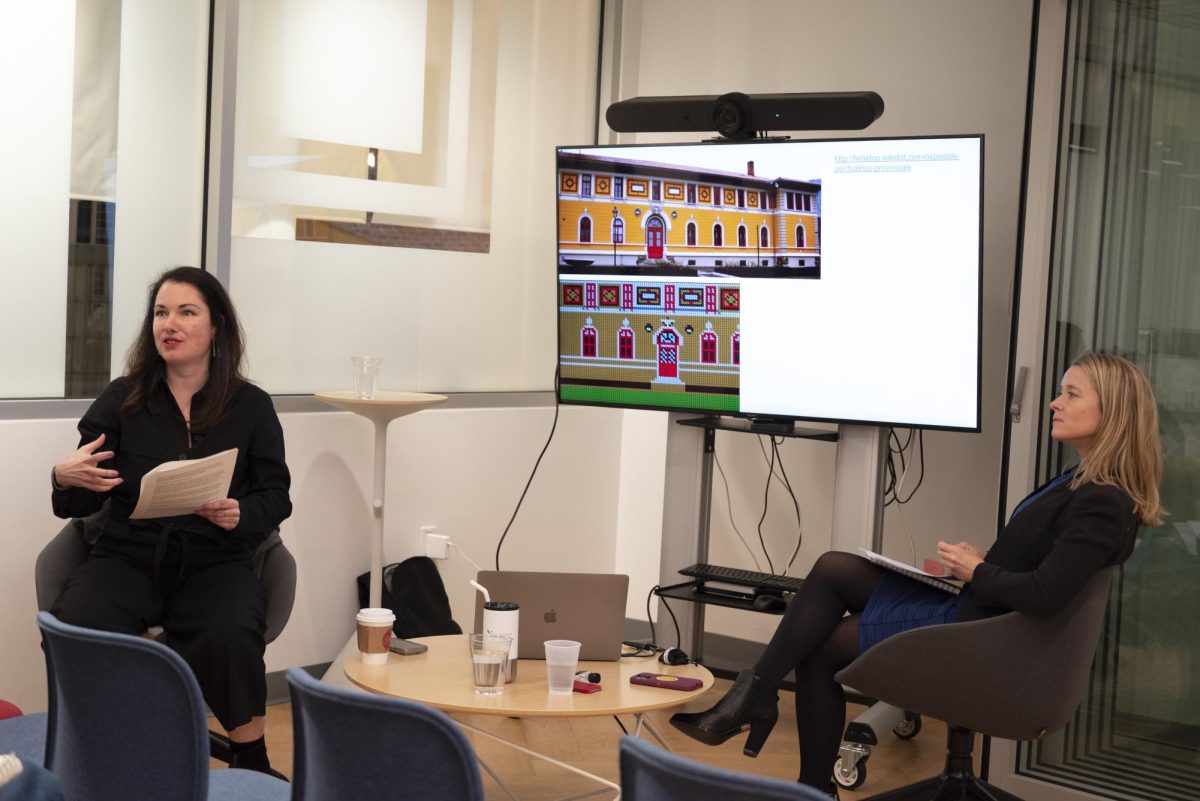By Anna Sorokina, arts & entertainment columnist
We drove out of Oceti Sakowin camp in Standing Rock, North Dakota at around 5 p.m. on Nov. 26. I was looking out the window at the Native land that was patiently awaiting the sunset. It was orange like pumpkin pie, with puffy clouds in place of whipped cream. But this Thanksgiving wasn’t about pumpkin pie. It was about standing with Water Protectors in North Dakota; about recognizing the harm corporatocracy has done to Indigenous people and their land; about sitting in our discomfort when acknowledging white privilege.
As other members of DivestNU that had journeyed out to Standing Rock and I were starting our 35-hour drive back to Boston, I was thinking about lessons and revelations I wanted to bring back to my friends and family. What dialogues should be taking place in our homes tonight to help water protectors in Standing Rock and Indigenous folks in general?
While countless things should be taken away from our week-long trip to North Dakota — from refusing to engage in cultural appropriation to learning to be humble guests on the Native land — all these lessons ought to be framed in the context of challenging our complicity in institutions of colonialism. According to “For Indigenous Minds Only: A Decolonization Handbook,” decolonization is resistance to colonialism with the purpose of realizing Indigenous liberation. This process, therefore, must begin with our acknowledgement of the injustice that is colonization, the physical and mental aspects of which stripped Indigenous peoples of their rights and autonomy. In order to help Native populations, we, first and foremost, need to educate ourselves on sovereign Indigenous rights and then defend those rights in the face of oppressive institutions.
The reason it is crucial to frame our thinking in terms of decolonization is because we cannot appropriate Indigeneity as white activists. Yes, we helped in the kitchen, did construction work, chopped wood, sorted medical supplies — and that’s great. But there is so much undeniable privilege in being able to travel thousands of miles to support this struggle. I will never know what it feels like to have my land stolen, my water poisoned and my spirituality criminalized. We need to recognize that Native communities have their life at stake. There is no home they can go back to after they are done protesting the pipeline. This land is their home, and this is why decolonization requires a uniquely Indigenous framework.
So, please, open your mind. Read about colonialism. Donate money and supplies to Standing Rock. Contact those responsible for militarized response to water protectors. Attend solidarity rallies. Support Native artisans and organizations engaged in advocacy work. Protest racist mascots and offensive fashion accessories. Do research on what cultural appropriation looks like. Learn about Native-led movements. There is so much we can do once we recognize existing injustices and embark on the journey of decolonization.















